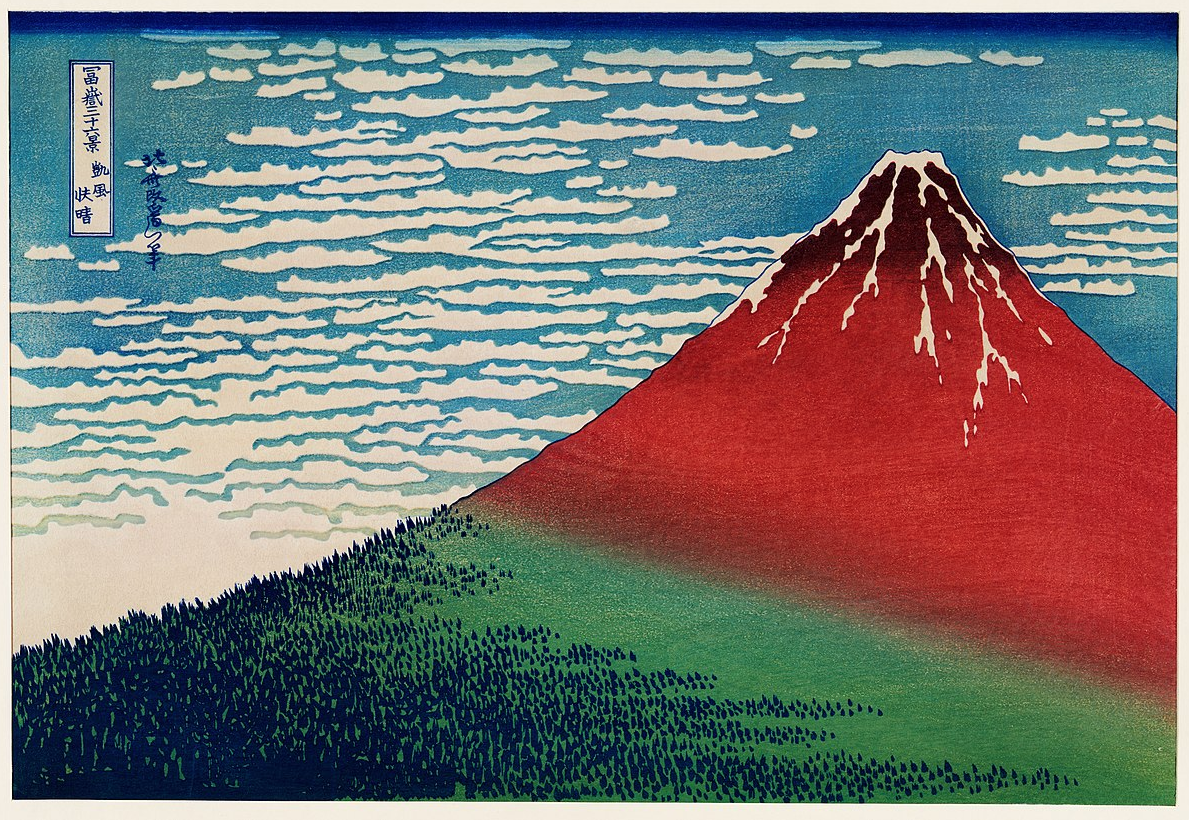Last week, I pointed out that while price inflation has recently slowed, the real problem is wage inflation—and always has been. Fluctuations in nominal wage inflation are a primary cause of the business cycle. As long as the equilibrium level of nominal wages grows at a slow and steady pace, any residual price inflation (or deflation) will be transitory. Indeed any residual price inflation or deflation will be highly appropriate, helping to keep the economy at equilibrium. (I encourage people who want a deeper understanding of why stable inflation is not ideal to take a look at George Selgin’s Less Than Zero.)
This Bloomberg article makes the same point:
The Bank of Japan in the coming week is widely expected to stick with the negative interest rates that set it apart from the world’s other major central banks.
At the decision due on Tuesday, Governor Haruhiko Kuroda will reiterate his out-of-sync stance that monetary stimulus must stay in place to secure lasting inflation. . . .
Inflation in Japan is at a four-decade high, but more subdued than in the US and Europe. Figures due Friday are expected to show core inflation inching up toward 4%, but Kuroda is waiting for signs of wage growth to reinforce a price trend he says is still driven by higher commodity prices and a weak yen.
In Japan, the real problem is also wages. But whereas the US has excessively high nominal wage inflation, in Japan the rate of wage inflation is too low. Even though Japan currently has about 4% inflation (due to commodity price shocks and a weaker yen), that inflation will soon fall back below the BOJ’s 2% target unless nominal wages also begin rising. Good to see that the BOJ now understands this problem; in both 2000 and 2006 they inappropriately tightened monetary policy before escaping from deflation, and plunged Japan ever deeper into a liquidity trap.
[Most Western economists don’t seem to know about these earlier contractionary moves by the BOJ, as they frequently claim that Japan was trying and failing to achieve inflation, a claim that is almost laughably wrong. The BOJ was not trying to create inflation during the early 2000s; they were trying to prevent inflation.]


READER COMMENTS
Spencer
Dec 18 2022 at 12:31pm
re: “Fluctuations in nominal wage inflation are a primary cause of the business cycle. ”
Reductio ad absurdum.
Thomas Lee Hutcheson
Dec 18 2022 at 5:34pm
Your “wages alone” model would seem to be appropriate only if a) there was no heterogeneity of labor across different sectors of the economy that may be exposed to different kinds of shocks and b) wages (of all kinds) are uniquely and uniformly downwardly inflexible in response to shocks.
To bad we did not have this BOJ governor running the Fed 2008-2020. 🙂
Spencer
Dec 19 2022 at 10:15am
WSJ – 1966: L.J. Pritchard (Ph.D. Chicago, Economics 1933, M.S. Statistics Syracuse) “Inflation: The Ill-Defined Economic Bogeyman”
…
“An increase in wage rates is not only not inflationary, it is absolutely essential to the maintenance of a continuous flow of products to the primary consumer markets.”
Comments are closed.